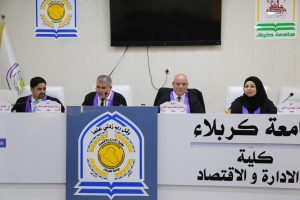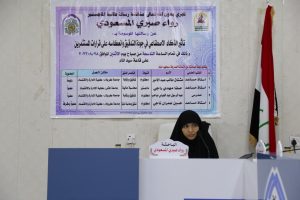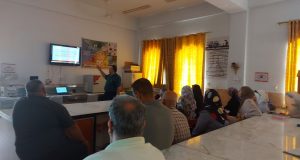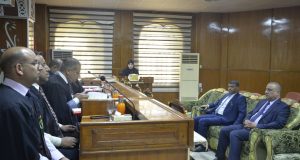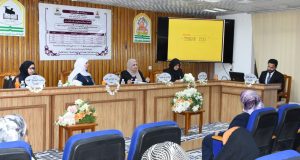Faculty of Administration and Economics / University of Kerbala has discussed the impact of artificial intelligence on quality of auditing and its reflect on investors’ decisions, while recommending the necessity of keeping pace with technological developments and responding to changes in the surrounding environment.
The thesis, presented by Rawaa Sabri Al-Masoudi, aims at explaining the impact of artificial intelligence in its dimensions (expert systems technology, machine learning technology, continuous auditing technology, natural language processing technology, robotic process automation technology) on quality of external auditing and investor decisions, as well as the impact of quality of external audit of investors’ decisions.
The study adopts questionnaire as a tool for collecting data, as it is distributed to a sample of (155) respondents from accountants, auditors, certified public accountants, auditors, and financial managers working at accounting and auditing offices and Iraqi companies listed on Iraqi Stock Exchange.
The study concludes a statistically significant effect on the use of artificial intelligence techniques (expert systems, machine learning, continuous auditing, natural language processing, robotic process automation), as this effect appeared on all dimensions, indicating the importance of artificial intelligence applications in improving quality of auditing. The external audit also found a positive impact on the use of artificial intelligence techniques in developing investor decisions through the quality of external auditing.
The study recommends the need to keep pace with technological developments and respond to changes in the surrounding environment by developing their skills and the need for audit offices to move towards applying artificial intelligence techniques in performing their work by encouraging them to replace their manual systems with computerized systems to improve effectiveness of auditor’s performance, increase the accuracy of the information, and reduce time of the audit process. .
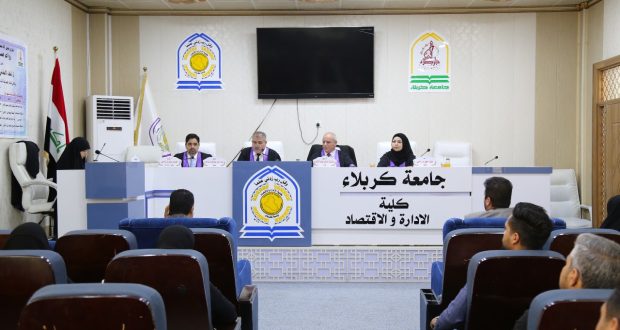
 University of Kerbala
University of Kerbala
